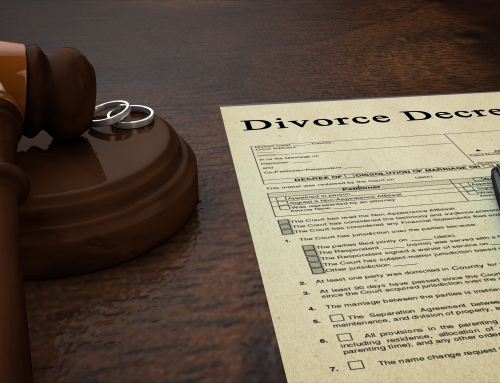The power of wage garnishment & creditor’s suits in enforcement of judgment
So I had a judgment debtor one time awhile ago – a recent similar case reminded me of him. He was a priest- the collection was right here, a Los Angeles judgment enforcement case. He ended up taking one of the church ladies to the cleaners; borrowed a bunch of money saying it was for some good (and profitable) cause, never paid it back and basically wasted it on a lavish lifestyle (we think, though nobody fully knows where it all went, just that it didn’t go where it was supposed to). And unfortunately for Church lady, she wasn’t rich, and had mortgaged her house to lend this money. She ended up with a fraud judgment against the debtor-but no way to collect because the debtor had little of his own, and basically lived off the church, who provided him with a place to live, a car to drive, etc.
As a usual Judgment enforcement remedy, we did a Debtors Examination of our friendly pastor, pursuant to Code of Civil Procedure Section 708.110, which required him to come to court, and answer questions about his assets, and produce documents pursuant to a subpoena-which he happily did.
When asked about his employment (for purposes of a wage garnishment, a judgment enforcement remedy for people who are employed, pursuant to Code of Civil Procedure 706.011 et seq) he has nothing, and that the church “hasn’t paid him in years.” BUT- he produced an employment contract showing that the Church had agreed to pay him $120k per year (but didn’t due to dwindling income or whatever excuse). Church provided him with food and a car to drive and paid all his bills. He didn’t seem to have much in the way of actual garnishable income.
And so, the situation was, we had an almost impossible judgment collection against a charity case with no actual assets of his own, right? This is exactly what the Debtor thought that he had proved to us, and likely assumed we would go away after this. But did this guy really have no assets?
Pursuant to Cal. Code of Civil Procedure 680.130 an “account receivable” – basically meaning monies owed to someone (in this case a judgment debtor) is actually an asset of the debtor. Furthermore, if a third party owes your Debtor money- you can sue that third party for that money. Pursuant to Cal. Code of Civil Procedure 708.210:
“If a third person has possession or control of property in which the judgment debtor has an interest or is indebted to the judgment debtor, the judgment creditor may bring an action against the third person to have the interest or debt applied to the satisfaction of the money judgment.”
Unfortunately for the Church, they owed the Debtor over $400,000.00- and while the Debtor may not be aggressive in collecting from them- we were not so friendly, and we had the remedy of suing them for that money, to pay our judgment. Once this was realized, after some legal back and forth with the church, without all that much struggle, they cut us a check to pay the (rather sizeable) six figure judgment.
This is just one small illustration of the wide ranging spectrum of judgment collection techniques that a judgment enforcement attorney applies against debtors, in one particular circumstance. There are many more, which I will hopefully get around to writing about. So- if you have a judgment in los angeles, you should call a Los Angeles judgment enforcement attorney- collection attorneys have specialized expertise which can often convert a seeming “no asset” situation into a nice payoff check. (The Evanns law firm does judgment enforcement in Orange County, Ventura County, and surrounding areas also) If you have a collection- we don’t send bills for phone evaluations – Contact us today.








Recent Comments